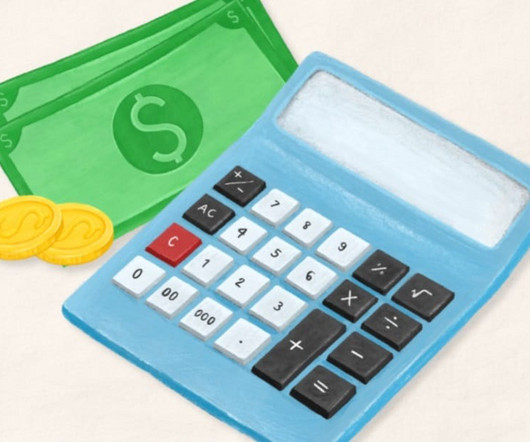The Age Old Question: Should You Pay Off Debt or Save?
Penny Pinchin' Mom
DECEMBER 17, 2023
And there are tons of other benefits as well. Saving on Interest You will be decreasing your debt as well as the amount you’ll pay in interest over time, which is a good thing. It reduces the overall time that the interest will accrue as well as the balance on which it is calculated.











Let's personalize your content